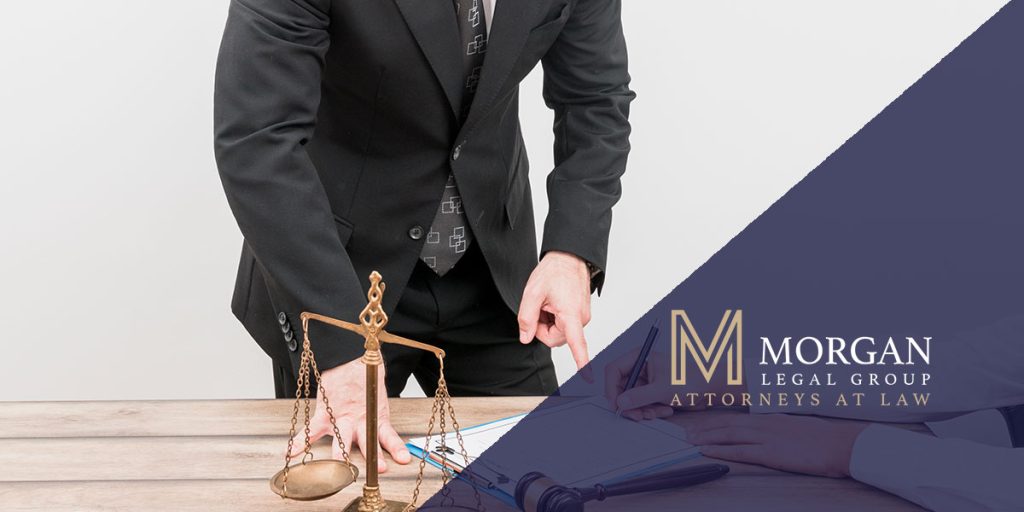Will Contests, Probate, and Estate Litigation in New York
Dealing with the passing of a loved one is a difficult time, and matters related to wills and estates can sometimes lead to disputes and legal challenges. Understanding the complexities of will contests, probate, and estate litigation in New York is crucial. At Morgan Legal Group in New York City, we specialize in providing expert legal guidance in resolving disputes related to wills and estates. This comprehensive guide will explore the key aspects of will contests, probate, and estate litigation in New York.
Will Contests
A will contest is a legal dispute that arises when someone challenges the validity of a will. There are several grounds on which a will can be contested in New York, including:
1. Lack of Testamentary Capacity
If it can be proven that the testator (the person making the will) did not have the mental capacity to understand the consequences of their will, the will may be challenged.
2. Undue Influence
If it is believed that the testator was unduly influenced or coerced into making specific provisions in their will, a will contest may ensue.
3. Fraud or Forgery
Wills can be contested if there is evidence of fraud in the execution of the will or if the will is suspected to be forged.
4. Improper Execution
A will must be properly executed according to state laws to be valid in New York. Contestants may argue that the will was not executed correctly.
Probate
Probate is the legal process through which a will is validated and executed after a person’s passing. It involves several steps, including:
1. Filing the Will
The first step in probate is filing the will with the Surrogate’s Court in the county where the decedent lived. The court reviews the will’s validity.
2. Notification to Heirs and Beneficiaries
All heirs and beneficiaries named in the will and those who would inherit if there were no will must be notified of the probate proceedings.
3. Asset Inventory
An inventory of the deceased person’s assets, debts, and liabilities is created. This includes valuing their property and possessions.
4. Payment of Debts and Taxes
Before distributing assets to beneficiaries, the estate’s debts, including taxes, must be paid from the estate’s assets.
5. Asset Distribution
Once debts are settled, the remaining assets are distributed to the beneficiaries according to the terms of the will.
Estate Litigation
Estate litigation encompasses a wide range of legal disputes that may arise in the administration of an estate. Common issues that lead to estate litigation include:
1. Disputed Wills
As discussed earlier, challenges to the validity of a will can lead to estate litigation.
2. Beneficiary Disputes
Disagreements among beneficiaries regarding their entitlements or distributions can result in litigation.
3. Executor or Trustee Misconduct
If an executor or trustee is suspected of mismanaging estate assets or breaching their fiduciary duties, it may lead to litigation.
4. Guardianship Disputes
Conflicts over guardianship or conservatorship of an incapacitated family member can result in estate litigation.
Resolving Disputes
Resolving disputes related to wills and estates in New York often involves negotiation, mediation, or litigation. It is advisable to seek legal counsel to navigate these complex matters effectively.
Conclusion
Dealing with will contests, probate, and estate litigation in New York can be emotionally and legally challenging. At Morgan Legal Group, we are committed to providing our clients compassionate and knowledgeable legal representation. Whether you are facing a will contest or need assistance with probate, our experienced attorneys are here to guide you through the process.









